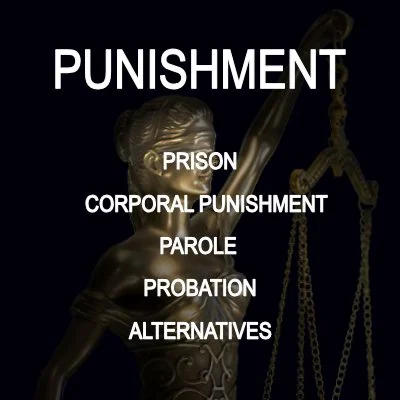Exploring the influence of job demands and resources on organisational justice views in a sample of correctional staff
By Eric G. Lambert, Monica Solinas-Saunders, Nancy L. Hogan
This study examined the influence of job demands (role ambiguity, role conflict, role overload and dangerousness) and job resources (job variety, supervisor structure and training views) on employee perceptions of procedural justice, general perceptions of distributive justice, and specific perceptions of distributive justice. Using a sample of 160 employees at a high-security prison, the regression analyses found that only demands of role conflict was inversely correlated with procedural justice and both distributive justice measures. Role ambiguity was inversely related to procedural but was not related to either dimension of distributive justice. Furthermore, dangerousness was inversely associated with distributive justice (both general and specific), but it was not correlated with procedural justice. Among the job resources, job variety was positively associated with procedural and both distributive justice measures. Supervisor structure was predictive of procedural but not distributive justice. Role overload, and training views had non-significant relationships with all the justice measures.
The Howard Journal of Crime and Justice Volume 63, Issue 1, 2024


